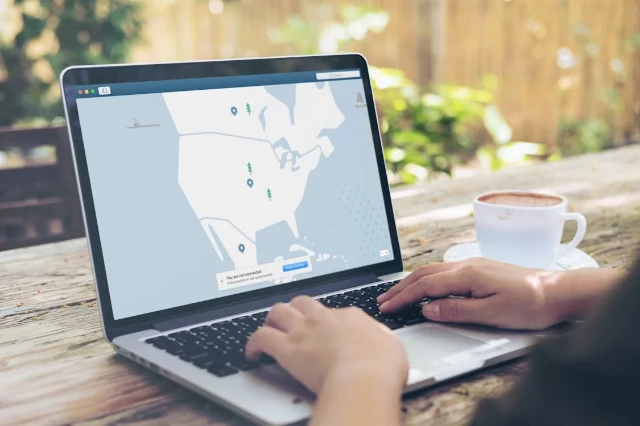The Internet is essential to daily life, offering convenience, connection, and endless opportunities. However, the more we rely on it, the more we expose ourselves to potential risks like data theft and privacy breaches. A Virtual Private Network (VPN) can be a game-changer for safeguarding online activities, but misconceptions surrounding this technology often discourage its use. Understanding these myths can help demystify VPNs and highlight why they are crucial for modern internet users seeking a reliable VPN solution.
Myth 1: VPNs Are Only for Tech Experts
The most well-known myth about VPNs is that they are complex systems that are simply for IT gurus. This stems from a belief that using a VPN is something that people who know a lot about networking or IT will do. Modern VPN services were designed simply and are incredibly easy to use. Most VPNs today have easy-to-use interfaces, user-friendly apps, and guides that help anyone to configure and use a VPN in under five minutes.
In today’s world, VPN providers focus on convenience, and all have platforms for all sorts of devices, including smartphones, tablets, and laptops. Almost all services have customer support and tutorials to ensure users can work through the software. This has broken down the myth that only the technologically advanced can use VPNs since they are easy to work with.
Myth 2: VPNs Are Only for Illegal Activities
Another frequently pointed-out misconception is that people use VPNs for unlawful things like avoiding restrictions and watching banned content. It is important to note that VPNs hide a user’s location and identity, but the main functions include the protection of privacy and safe information. VPNs are used for legal purposes, such as protecting information sent over open networks or blocking advertisers from tracking activity.
The fact is that VPNs are allowed in most countries and are used only for legitimate reasons. For instance, journalism VPNs maintain anonymity when sharing sensitive information with others, or travelers use VPNs to access essential services in areas with limited internet access. These are explained as the different legal ways VPN technology can be utilized.
Myth 3: Free VPNs Are Just as Good as Paid Ones
Most people think that the free VPNs are equally effective as the paid VPNs. However, this is not the case, as we will see shortly in this paper. Unfortunately, free VPN services are usually minimal and can cause many problems, such as restricted bandwidth, slow connection, and poor encryption. However, such services can also be unsafe for the user because such information can be sold to third parties or contain pop-up advertisements.
While free VPNs sometimes rely on the sheer number of downloads, paid VPNs use security protocols, better server speeds, and customer service to try and offer a better service. Internet users who care about their safety and consider it essential should think twice and become clients of a reliable VPN service. This decision also guarantees improved performance and enhances confidence in safeguarding personal information.
Conclusion
This is so even though VPNs are an essential technology that people who do not understand them do not need. VPNs are not only a tool used by IT professionals or hackers; they are diverse applications meant to improve the general public’s confidentiality, data protection, and availability. Even if free tools are available, the dangers they present should be enough to convince anyone serious about security to consider only paid tools.
That is why it is always essential to sift the facts from the hype and understand the real benefits of VPNs in a world that is becoming more interconnected and dangerous. For the sake of protecting personal data and privacy or escaping censorship, VPNs provide substantial benefits that can be useful for every internet user. With these enhancements to understanding what VPNs are, adopting this technology is more of a no-brainer than anything else in the current world.
